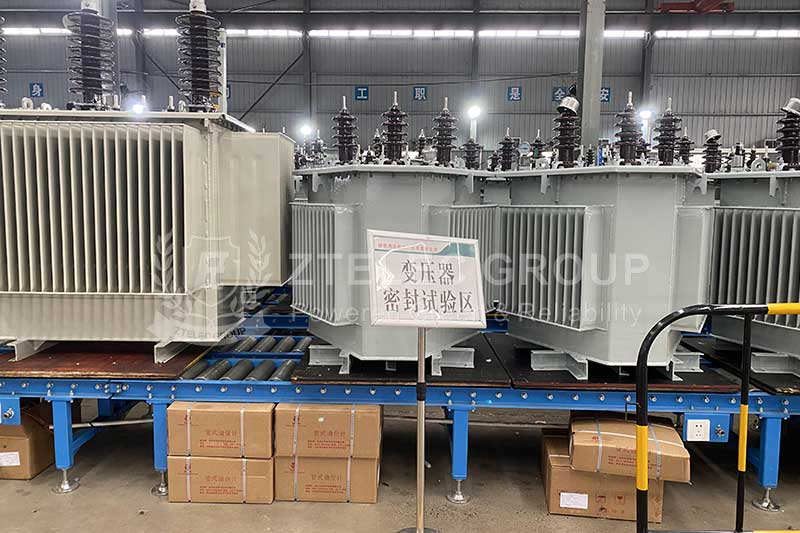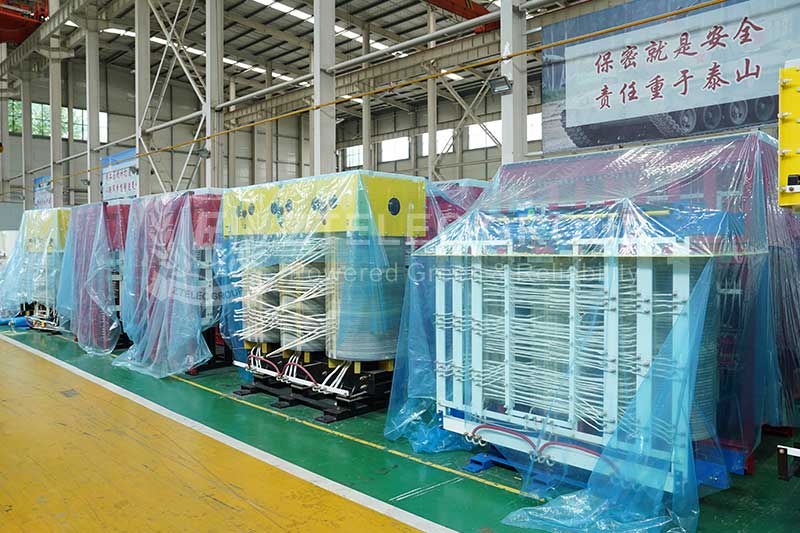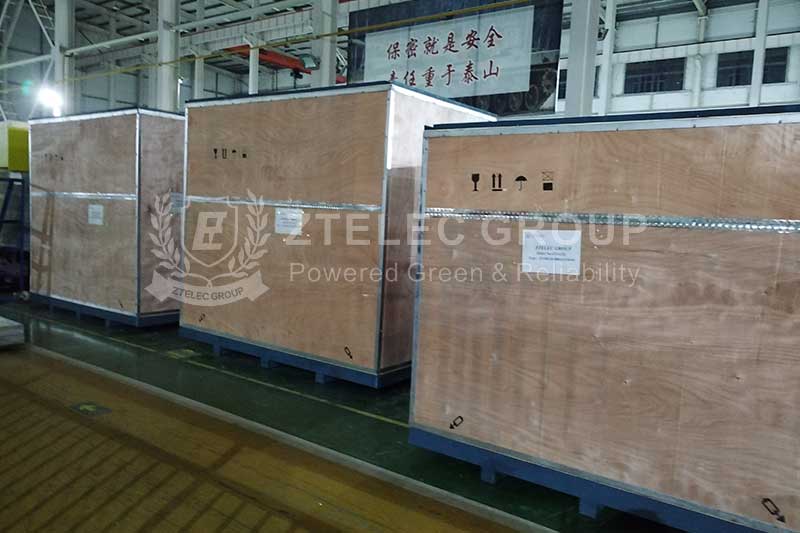In the realms of industrial operations, power grid management, and large-scale facility management, three-phase oil-immersed power transformers stand as indispensable components. The installation dimensions of these transformers play a pivotal role in shaping site planning, dictating transportation logistics, and influencing overall construction efficiency. This in-depth article aims to demystify the key parameters of transformer installation dimensions, highlight crucial considerations during the selection process, and outline standardized installation practices, thereby empowering users to streamline their equipment deployment with precision and efficiency.
The Critical Importance of Installation Dimensions
1. Space Compatibility
To ensure optimal functionality and safety, transformers necessitate ample installation space, encompassing dedicated cooling and maintenance pathways. Dimensional inaccuracies can precipitate installation failures or pose significant safety risks.
For instance, a 10kV/2000kVA oil-immersed transformer typically demands a base space measuring approximately 2500mm (length) × 1800mm (width) × 2200mm (height).
2. Transportation and Access Constraints
Transformers that exceed standard width or height parameters may necessitate specialized transportation solutions, such as the disassembly of cooling radiators, thereby escalating overall costs.
3. Regulatory Compliance
Adherence to international standards like IEC 60076 and national regulations such as GB/T 6451 is mandatory, with clear stipulations on minimum safety distances to be maintained.

Core Parameters of Installation Dimensions for Three-Phase Oil-Immersed Transformers
1. External Dimensions (Length × Width × Height)
Typical ranges for common capacities:
100kVA: 1600mm × 1000mm × 1800mm
1000kVA: 2500mm × 1500mm × 2100mm
5000kVA: 3500mm × 2200mm × 2800mm
Factors influencing dimensions: Transformer capacity, voltage level, and cooling method (natural cooling vs. forced air cooling).
2. Base Fixing Dimensions
The base bolt hole spacing must be meticulously aligned with the embedded parts of the foundation, with an allowable error margin of ≤±5mm.
For example, a 2000kVA transformer typically features a base hole spacing of 1200mm × 800mm.
3. Safety Distance Requirements
Minimum recommended distances:
≥1.5m from walls
≥2m from adjacent equipment (in accordance with GB 50053 standards).

Matching Installation Dimensions During the Selection Process
1. Pre-Installation Site Assessment
Conduct thorough measurements of site conditions, including door width, passage height, and floor load-bearing capacity (a minimum of 10kN/m² is recommended).
2. Special Design Considerations
Compact transformers: These models offer a reduced width of 10% to 15%, making them ideal for installations in confined spaces.
Modular components: Designs featuring removable radiators or bushings can significantly lower the transportation height, enhancing logistical flexibility.
3. Manufacturer Communication
Engage with the manufacturer to obtain detailed installation drawings, which should include critical elements such as lifting hole positions and cable inlet dimensions.
Installation Process and Key Considerations
1. Foundation Construction
The concrete foundation should protrude 100 to 200mm above ground level, with the embedded steel plate’s levelness maintained within a deviation of ≤2mm/m.
2. Positioning and Leveling
Utilize jacks or rollers to maneuver the transformer into position, followed by precise leveling using a spirit level (a tilt of ≤1/1000 is the target threshold).
3. Accessory Installation
When installing components such as radiators and oil reservoirs, adhere strictly to the manufacturer’s specified spacing requirements (for example, radiators should be positioned at least 0.8m away from walls).












Leave A Comment